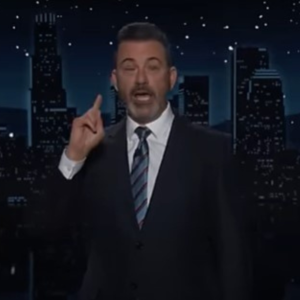
The German Interior Minister, Nancy Faeser, inisited the government was “taking a hard line” against irregular migration and said that checks would reduce Islamisist extremism and cross-border crime, the BBC reported.
“We are doing everything in our power to protect the people of our country against these threats,” she added.
Similar measures to those Germany has at its eastern and southern borders with Poland, the Czech Republic, Switzerland and Austria will be introduced which are primarily spot checks on roads and trains.
However, critics have argued the move is more about politics than security.
Successive governments have allowed large numbers of asylum seekers to settle in the country in recent years, including one million fleeing from warring countries such as Syria during the 2015-2016 migrant crisis as well as 1.2 million Ukrainians since Russia’s invasion in February 2022.
However, with polls suggesting that the AfD could perform strongly in a regional election in Brandenburg at the weekend, the centrist parties are coming up with new proposals. The CDU – the party of former Chancellor Angela Merkel – has proposed turning all asylum seekers back at the border, even those who are eligible – on the basis they have travelled through other safe EU countries.
However, Austria’s interior minister, Gerhard Karner, told Bild newspaper on Monday that his country would not take any migrants that had been rejected by Germany: “There is no room for manoeuvre there,” he said.
Since the Solingen stabbing, Chancellor Olaf Scholz’s government has announced a myriad of measures on migration, including changing the rules so asylum seeker facing deportation will lose their benefits and resuming the deportation of convicted Afghan criminals to their home country for the first time since the Taliban returned to power in 2021.





